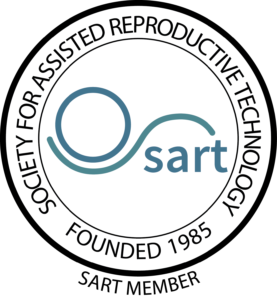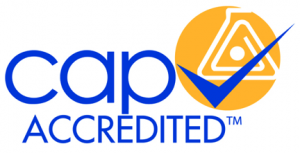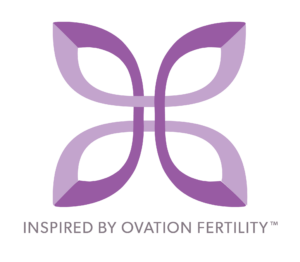Learn more about the donor egg medical process
The donor egg medical process at our Tennessee fertility center involves simple steps that help ensure success during and after an egg donation cycle. This cycle requires both the egg donor and the female recipient to take medications and receive regular monitoring at our clinic. Our staff guides the woman through this process to ensure that the experience is as straightforward and successful as possible.
Fertility medications and procedures for the egg donor
During an egg donor cycle, the staff at our clinic walk the donor through each phase of the cycle, from initial testing to the egg retrieval. With our expert support, donors find that the experience of egg donation is simple and fulfilling.
- Birth control. In some cases, the donor will take birth control pills for a few weeks leading up to the egg donation cycle.
- Infectious disease screening. Soon after the donor passes screening for infectious diseases, she will begin taking ovarian stimulation medications.
- Ovarian stimulation. The donor will self-administer ovarian stimulation medications every day to cause multiple eggs to mature.
- Monitoring. While the donor is taking medications, she will receive regular monitoring at our clinic, which includes bloodwork and ultrasounds. Monitoring helps us assess how her body is responding to the medications and determine when to retrieve the eggs.
- Trigger shot. When the doctor confirms that the donor’s eggs are almost ready for retrieval, they will ask her to take an injection that will trigger the release of the eggs. They will then schedule the egg retrieval for 35 to 36 hours after the trigger shot.
During the cycle, the donor will be in regular communication with our Tennessee fertility center to help ensure she’s fully supported.
Donor egg medical process for the recipient
There are various steps that the doctors at our clinic guide women through during a donor egg cycle. These steps help her body get ready to grow a baby.
- Birth control pills. If the woman has menstrual cycles, she will likely begin birth control pills on day three of her cycle. She will be on these pills for two to three weeks to prevent ovarian cysts.
- Lupron. After the birth control pills, the female patient will take Lupron for 10 to 14 days. Lupron temporarily suppresses pituitary and ovarian hormone production. It also synchronizes the recipient’s cycle with the egg donor’s cycle. Women who do not have menstrual cycles or who will be doing a frozen transfer will not need to take Lupron.
- Preparing the uterine lining. To make the uterine environment as receptive as possible for an embryo, the doctor prescribes estrogen and progesterone leading up to the transfer. The recipient takes estrogen as a pill or an intramuscular injection, and progesterone as an intramuscular injection.
The doctors at our Tennessee fertility center are by the recipient’s side for each step of the donor egg medical process.
What happens after the donor egg retrieval?
After the doctor retrieves the donor eggs, the eggs are sent to our lab. There, an embryologist freezes them or fertilizes them with sperm from the recipient’s partner or a sperm donor. The embryologist can then freeze the resulting embryos for a transfer later, or the doctor will transfer a fresh embryo to the recipient’s uterus.
The transfer is a simple procedure. First, the doctor inserts a small catheter into the uterus through the cervix. They then pass the embryo through the catheter to the uterus. We typically recommend that women rest for 48 hours after the transfer.
Following the transfer, the recipient continues taking estrogen and progesterone to support the early growth of the embryo. A blood pregnancy test usually occurs around 12 days after the transfer.
With the support of our Tennessee fertility center, patients can rest assured that their donor egg medical process will be a safe and successful experience. Contact us for more information about egg donation.







